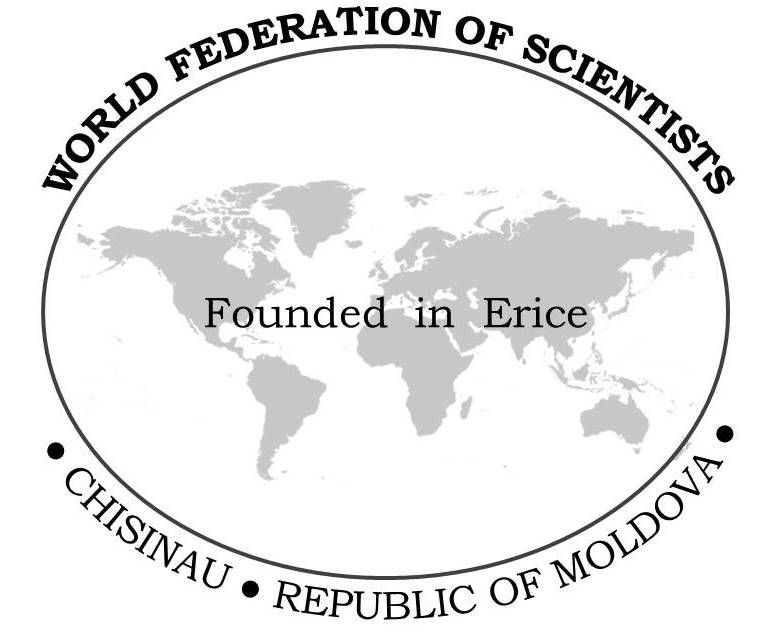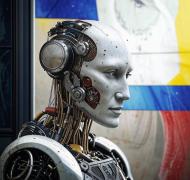- 217 views
1. Global Evolution of Artificial Intelligence
As is well known, artificial intelligence (AI) refers to the ability of machines to replicate human functions such as reasoning, learning, planning, and creativity. Currently, AI is integrated into various fields, ranging from marketing and transportation to healthcare and finance, and it has a significant impact on how companies interact with customers and optimize their operations.
Recently, the AI landscape was marked by the launch of an artificial intelligence model by the Chinese startup DeepSeek, which developed a model comparable to those of industry leaders such as OpenAI, but with significantly smaller investments of around $6 million. This achievement prompted a reassessment of the need for massive investments in infrastructure and led to significant declines in the shares of American technology companies, including Nvidia and Microsoft.
The competition between the USA and China in AI is intense, with both nations viewing the technology as a strategic asset crucial for global technological dominance. The USA has imposed restrictions on the export of advanced chips to China, while China is investing heavily in developing its own capabilities in this area. This rivalry is influencing the pace of innovation and international regulations on AI development.
The future of artificial intelligence promises significant advances, including the development of artificial general intelligence, which could revolutionize many aspects of society. However, challenges related to data security, regulation, and ethics must be addressed to ensure the responsible integration of AI into everyday life.
2. The Impact of Artificial Intelligence on Knowledge and Education
Artificial intelligence is profoundly transforming the way people access, generate, and manage knowledge. Advanced language processing algorithms, such as GPT models, enable rapid analysis of vast amounts of information, accelerating learning and facilitating access to personalized educational resources.
In education, AI offers numerous benefits, from virtual tutoring and adapting teaching content to each student's level, to automating administrative tasks for teachers. AI-based platforms can identify gaps in understanding and provide additional explanations, thereby improving the quality of education.
However, there are also significant challenges. Excessive reliance on technology could reduce critical thinking and creativity, and the risks associated with disinformation or the improper use of artificial intelligence raise important ethical concerns.
3. Moldova’s Role: Universities, IT Companies, and National Policies
3.1. Universities in Moldova and AI Development
At the university level, Moldova has started to explore the use of AI in research and education:
- The Moldova State University (MSU) has introduced bioinformatics and computational chemistry, integrating AI into genomic analysis and molecular modelling. However, IT infrastructure and necessary resources need to be expanded. We expect more decisive actions from the leadership of faculties, institutes, and departments.
- The Technical University of Moldova (TUM) focuses on robotics, industrial automation, and applied machine learning. Students are working on optimizing technological processes, but investments in equipment and advanced software are needed. The Ministry and the National Agency for Research and Development (NARD) should allocate projects for this purpose.
- The Academy of Economic Studies of Moldova (AESM) uses AI in financial data analysis, economic forecasting, and business process optimization. However, collaborations with the private sector should be expanded to provide practical applications and organize project competitions.
3.2. The Role of Moldovan IT Companies in AI Development
Moldovan IT companies play a key role in the development of AI and technological innovation. The IT sector is one of the most dynamic in the economy, and several local companies are already investing in automation, data analysis, and AI-based solutions.
Examples of relevant initiatives:
- Deeplace – CEO of Deeplace, an active promoter of education in complex systems and artificial intelligence. Organizes courses dedicated to systems thinking and AI.
- Orange Systems – Researches and implements automation and data analysis solutions based on AI.
- Tekwill and Startup Moldova – Support the development of AI startups by providing funding, mentoring, and access to digital infrastructure.
- Moldcell and Starnet – Use AI to personalize customer services and analyze network data.
- Endava and Pentalog – Integrate AI into software solutions for global clients, from cloud infrastructure optimization to cybersecurity.
- Unisim-Soft – An expert in ERP systems implementation, contributing to the digitalization of companies in Moldova. Implements ERP systems based on the UNA.md platform, leveraging AI in Oracle Cloud infrastructure to optimize business processes.
3.3. Ministry of Education and the Necessary Policies for AI
The Ministry of Education has begun digitizing educational programs, but AI is not yet a major priority. To avoid falling behind, the Ministry needs to:
- Integrate AI into high school and university curricula, including mandatory courses in data analysis, programming, and applied AI.
- Develop a national support program for AI, which would finance innovative research and startups.
- Attract international partnerships with universities and technology companies from the EU and the USA.
- Implement policies to support AI specialists, offering scholarships and competitive salaries to prevent their migration.
4. Conclusions and Strategic Directions for Moldova
The future of artificial intelligence in Moldova depends on investments in education, research, and infrastructure. Universities, NGOs, IT companies, and the Ministry of Education must work together to integrate AI into all key areas, providing students with access to modern technologies and supporting them in becoming leaders in this field.
To become a regional hub for AI innovation, Moldova must adopt a national strategy for the development of artificial intelligence, based on collaboration between the private, academic, and government sectors. If action is not taken quickly, there is a risk that talented young people will migrate to more advanced international centres, leaving the country without specialists in this essential field for the future.
The decisions we make today will influence Moldova’s ability to remain competitive in the digital age.
Gheorghe Duca, Acad. Prof., head of the Laboratory Physical and Quantum Chemistry, Institute of Chemistry, MSU
Pavel Tuhari, director of Unisim-Soft Company

